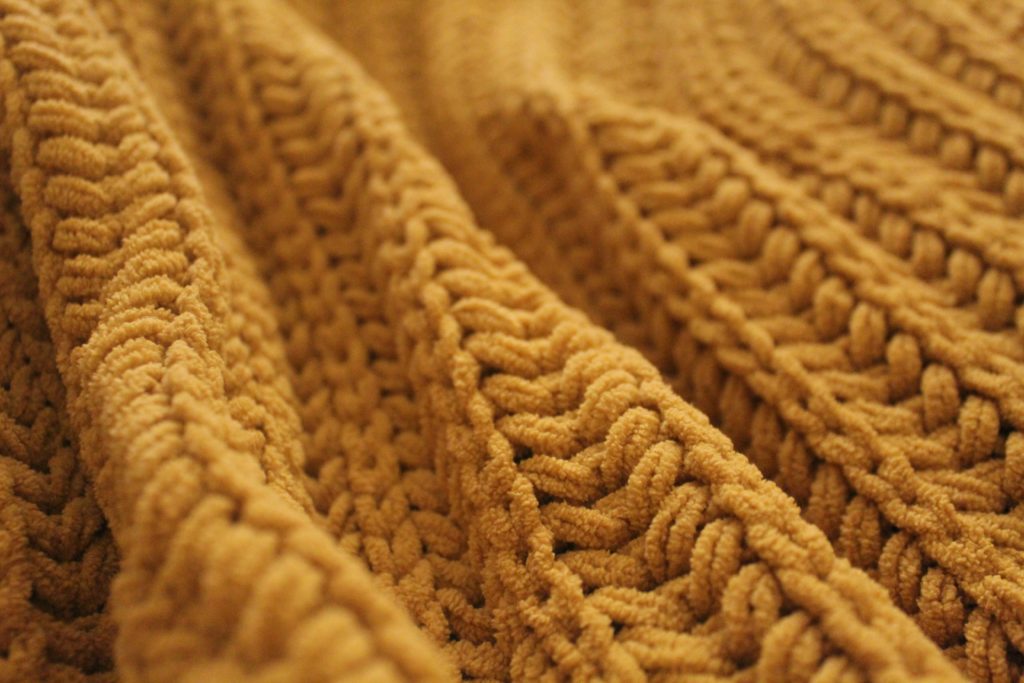In my previous post in this series on faith formation, I discussed the role of parents and teachers in passing on the faith. I shared how it is the Holy Spirit who is the molder of our children’s minds and hearts, and that we parents and teachers have the privilege of being tools in our Lord’s hands. The Holy Spirit is at work in the children’s lives and hearts from the moment of baptism (CCC 1265-1266). Therefore, we are at the service of the Holy Spirit in this formation process; we want to cooperate with the Spirit in our work, and in no way do we want our methods of catechesis to interfere with the work that he is doing in the children’s hearts.
Now, rarely do we intend to get in the way of the Holy Spirit in any aspect of our lives; but all of us can honestly say that we often do so nonetheless. We are disciples in progress, on a journey of holiness ourselves. That is why regular examination of conscience and the Sacrament of Reconciliation are such important means of restoring us to God and keeping our actions under his will and not driven by our own. The Holy Spirit reveals truth to our hearts when we regularly get quiet with him and ask for clear sight and understanding.
Just so, we can follow a type of examination of conscience in reviewing our conduct as teachers of the faith. We need to regularly get quiet and check in with the Spirit, especially when faith formation is going poorly in the home or in the classroom, and ask him to show us if and how we are interfering with his methods. In light of the guiding principle that the Holy Spirit speaks directly to children since children are persons just like us adults, capable of digesting the living ideas of our faith and responding to the Holy Spirit in a life of prayer, I offer us some questions that might serve as “a catechist’s examination of conscience”:
- Do I enter into this formational work with prayer, asking for God’s will and not my own to be accomplished?
- Am I recognizing the child as a person made by God in his image, or am I trying to remake the child into an image of myself?
- Do I treat the children God has placed under my authority with respect?
- Am I introducing children to the living ideas of church teaching and Scripture, allowing the Holy Spirit to speak through the inspired words; or am I giving them second-hand religious knowledge?
- Am I cultivating an atmosphere of discovery and wonder as we explore the mysteries of our faith and knowledge of God, or am I presenting the faith in a way that prevents children from engaging their minds and hearts?
- Do I think of religious education as the deposit of information into children’s minds or as the formation of truth and the embodiment of the Church’s teaching in the daily life of the person?
There is a lot for us to meditate on in this list, and in upcoming posts in this series I will be unpacking each of these questions so that we can meditate more deeply on them. These questions help us to reflect on the atmosphere, ideas, and habits of our faith formation practices. In the last post, I introduced British education reformer Charlotte Mason, who has a great deal of insight to offer us in regard to considering the atmosphere, living ideas, and habits of religious education. As we work through these questions, I will introduce some of Mason’s principles, which are anchored in the primacy of the work of the Holy Spirit and the dignity of human persons. As we unpack these questions together, a few at a time, we will be opening ourselves up to the Holy Spirit; and we will be able to listen to his voice and discern guiding principles by which we can approach faith formation with great joy.

